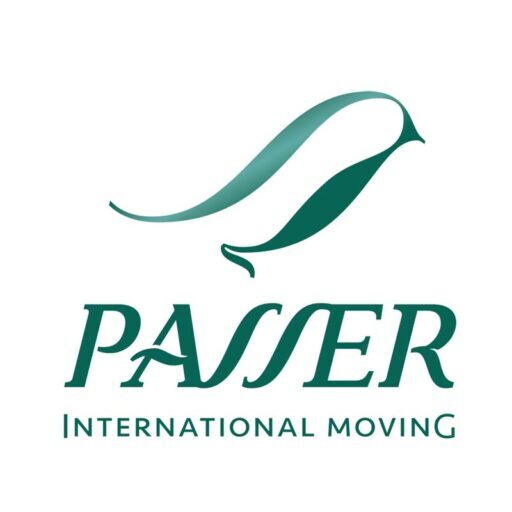How can a law firm digitize its documentation?
Lawyers digitize their documentation It's an increasingly necessary process to improve efficiency, reduce paper usage, and optimize file management. In a law firm, the accumulation of physical documents—judgments, court proceedings, contracts, invoices, and confidential client information—not only takes up space but also makes it difficult to quickly search for and access information. Digitization is the answer to transform this challenge into an opportunity.
The importance of digitizing documentation in a law firm
A law firm that decides to digitize its documentation not only gains physical space but also improves its responsiveness to clients and internal processes. Digital document management allows information to be classified, stored, and accessed in a matter of seconds, providing a competitive advantage over firms that still rely exclusively on paper.
Paper can deteriorate, be lost, or even be affected by external factors such as humidity, fire, or misplacement. With digitization, files are stored in secure systems, with backup copies and accessible from any authorized location, reducing risks and increasing productivity.
Security in the digitalization process
For the process to be secure, it is essential that an office that wants its lawyers digitize their documentation Rely on the help of companies specializing in digitization, safekeeping, and confidential destruction. It's not just about scanning documents; it's about ensuring that sensitive client information is protected at all times.
When digitizing confidential information, such as court records or personal data, it is necessary to comply with data protection regulations and ensure that the software used is approved by the Spanish Tax Agency. Furthermore, the use of valid digital signatures is key to ensuring the authenticity and integrity of documents.
Benefits of lawyers digitizing their documentation
Adopting a digital document management system offers multiple advantages:
Saving physical space: Filing cabinets and boxes are eliminated, freeing up entire rooms for other uses.
Speed in search: Accessing a document is a matter of seconds thanks to advanced indexing and search systems.
Saving time and costs: Less time spent searching for and organizing documents, which means more time for productive tasks.
Greater security: Backups, restricted access, and encryption protect data.
Flexibility and mobility: access to documentation from anywhere with a secure connection.
What to do with the original documents?
Digitizing does not automatically mean destroying the original document. In some cases, legislation or internal office policies will require retaining the originals for a specific period of time. When destruction is desired, it should only be done after meeting the necessary legal and technical requirements.
The two most common requirements in Spain are: using software approved by the Tax Agency to guarantee the legal validity of the digital file and having a digital signature certifying the authenticity of the scanned document.
How to start the digitization process
For an office to start the process of lawyers digitize their documentation, it is advisable to follow these steps:
Document audit: evaluate the volume and type of documents to be digitized.
Define classification protocols: decide how documents will be labeled, filed, and accessed.
Choosing a specialized supplier: ensure that it has secure technology and experience in the legal sector.
Train staff: so that lawyers and administrators know how to use the new system.
Planning the transition: decide whether the entire archive will be digitized at once or in phases.
Conclusion
Document digitization is a strategic investment for any office that wants to optimize its management and offer better service. When we talk about lawyers digitize their documentationWe're not just talking about scanning papers, but about implementing a secure, efficient, and legally valid system that adds value to your daily work.
If your firm wants to take this step, having professional advice and a trusted provider will make the process faster, more secure, and more cost-effective. Digital transformation is no longer an option: it's a necessity to remain competitive in today's legal sector.








